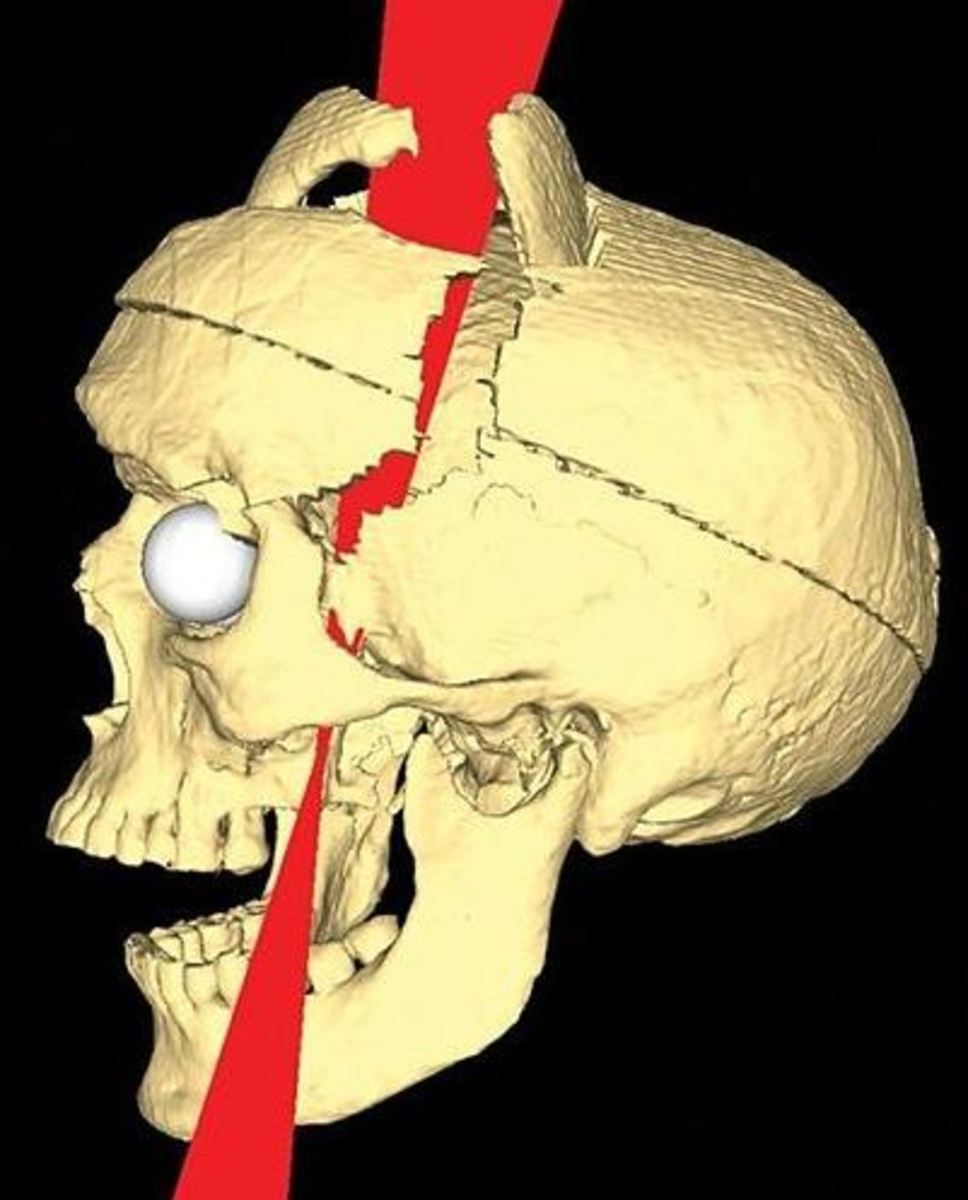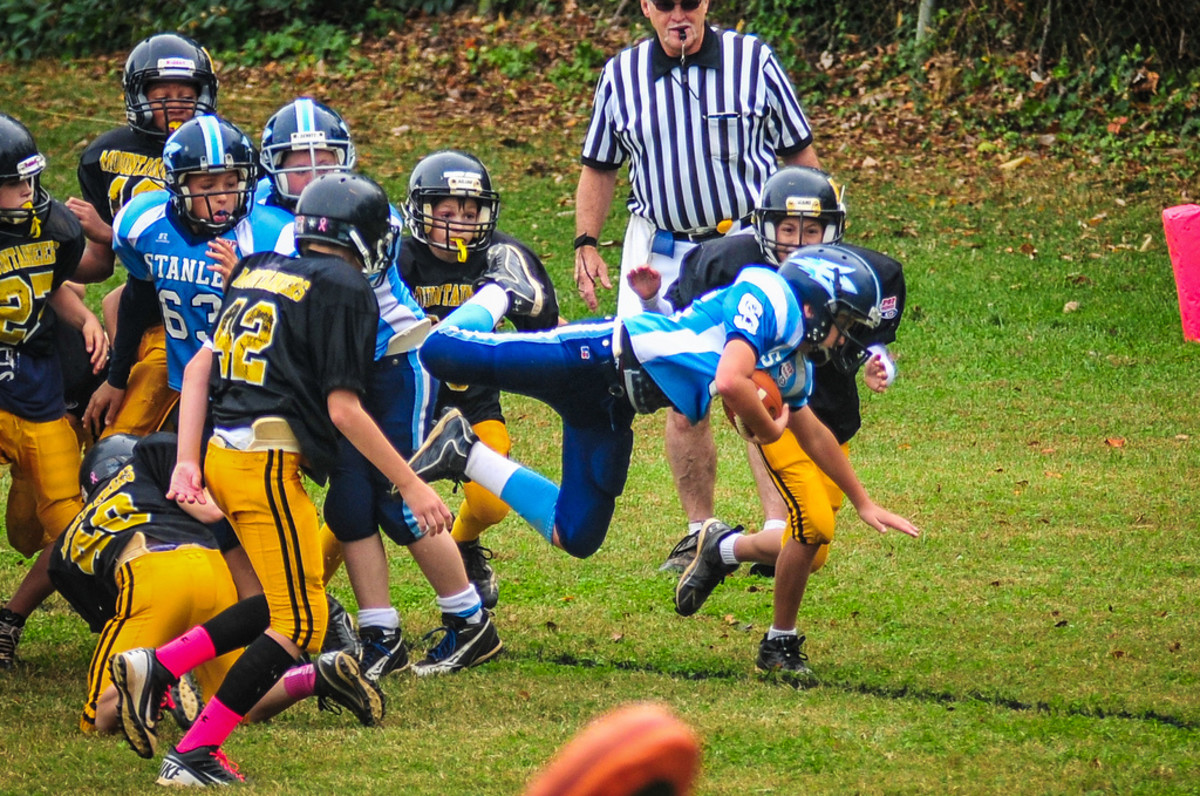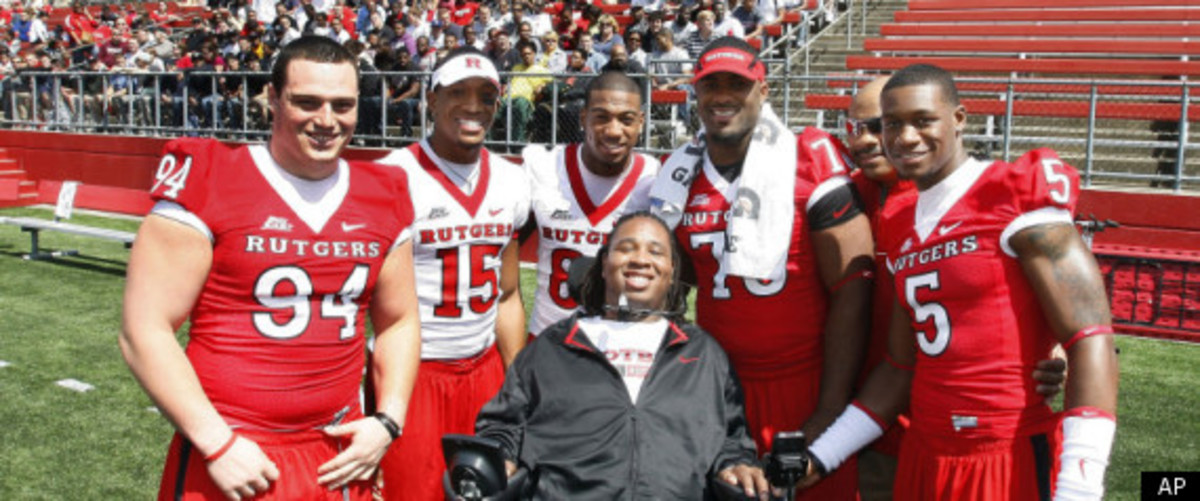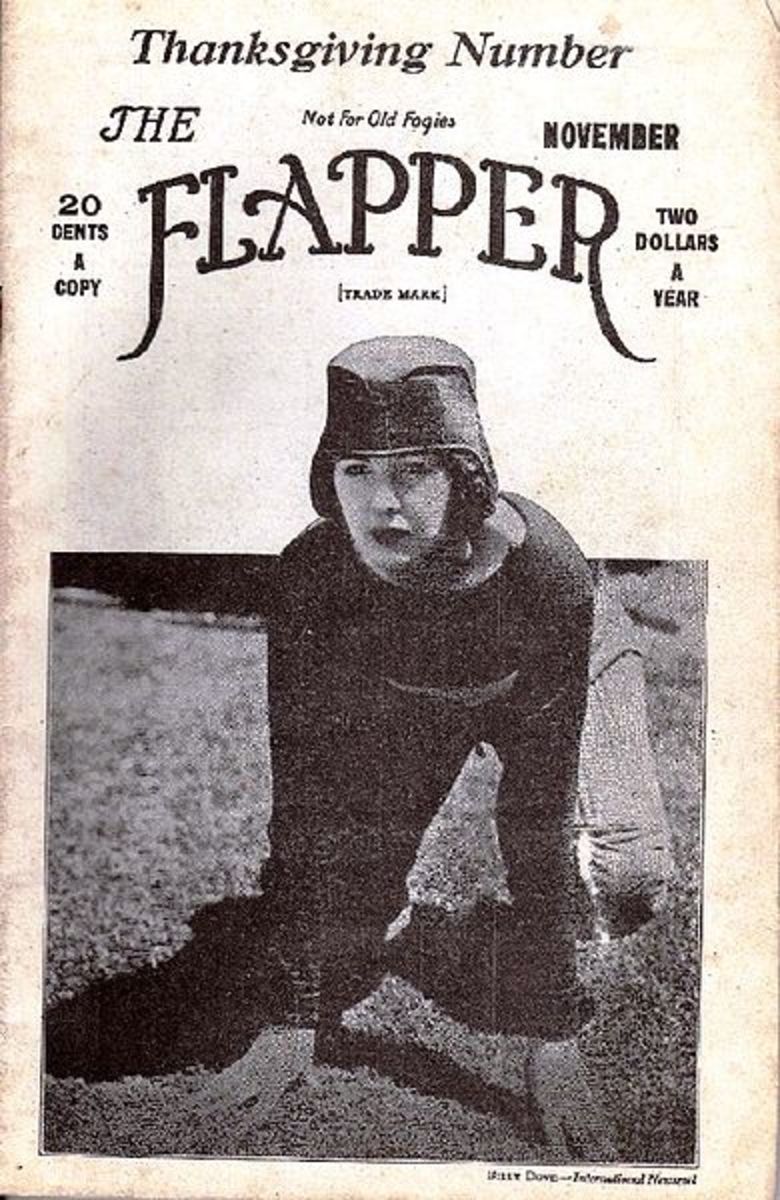Violence in Sports and Modern Life
What happened that got me thinking about this topic
Yesterday—New Year’s Day, 2020—my wife and I followed our usual pattern. Once up, we ate waffles, fruit and sausages and then settled in to watch the Rose Bowl parade. After that she went into her room, closed the door and proceeded to meditate for a while, answer e-mails, clean out some files from last year, sent a few texts and rested a bit.
Meanwhile, I took to the couch in the living room and turned on our 40” TV, ready for a marathon of football. At 1:00 p.m. I channel-flipped frequently to see Michigan lose . . . again, and Northwestern win a bowl game . . . for once. After that, it was on to the Rose Bowl, watching Wisconsin lose a heartbreaker by a single point. And then, just before 9:00 o’clock, I was about to get ready for the Baylor-Georgia game, but at that point I happened to notice that PBS was airing their New Year’s Eve special from the Musikvereinin in Vienna. We always watch that program, but usually it’s not shown on New Year’s Day . . . and besides, Hugh Bonneville of Downton Abbeyfame was hosting this year. Since my wife and I are fansboth of that series and of him, when she came into the room right at nine o’clock, I made the decision to watch a bit of culture with her instead of organized mayhem.
We saw the entire 90 minute special from Vienna—music and ballet—but then the next program to air on PBS was “Live From Lincoln Center” featuring someone neither of us knew, and in a place my wife has actually visited for a concert. The musician’s name is Yoshiki, a rock star and a classical pianist and a composer from Japan, and so we kept PBS on, intent on watching for just a few minutes. Instead, we sat mesmerized for the next hour as he played his own compositions on the piano, accompanied by the Tokyo Philharmonic orchestra.
The episode that caught my attention
So why am I telling you all this, assuming you’re still reading at the moment? Because everything I’ve said so far is in such dramatic contrast to what happened next. Sometime after 11:00 my wife went to bed, and I turned on ESPNto watch the last half of the 4th quarter of the final football game of the day. Georgia was comfortably ahead, but Baylor seemed to be coming back, so I decided to watch to the very end. But then, in the closing minutes Baylor quarterback Charlie Brewer ran to his right, intending to pass, but no one was open so instead he tried to get to the marker for a first down, but was tackled and driven out of bounds.
It was at that point that everything went wrong. A second Georgia player slammed into Brewer a yard or so out of bounds and drove him into the ground, and there he lay for long agonizing minutes. Today, they report that he was examined for a neck injury but had no head symptoms, despite suffering three concussions already, the latest on December 7th. I watched, along with everyone else, hoping he’d be okay, but knowing after he sat up and finally stood that he wasn’t. One of the announcers talked about that concussion from December and I knew then that what I was seeing wasn’t good. The announcer reported that Brewer had stayed in a dark room for a week after being injured in December, but that he didn’t remember much about it.
The issue in a 'nutshell'
And there it was. All at once everything came together for me. Here’s a college football player who’s had three concussions, doesn’t remember an entire week following his last injury, and is now being carted off the field again, dazed. What if that were my son, or grandson? What if it had been me? Or anyone really. What would I be thinking, if I could still think at that point? And what can and should be done to prevent that kind of injury to others.
My personal experiences with the topic
I played football for three years in high school, but didn’t try out for a fourth season when I learned that our school had hired a former lineman with the Cleveland Browns as its new head coach. I was big enough back then, at 6’2” and 200 pounds, but I didn’t have a mean streak in me. I didn’t enjoy getting hit, and I didn’t like hitting anyone else. So it’s no wonder I was a second or third stringer when I played football.
Then, just two years ago, more than ten decades after I last put on a uniform, one of our grandsons who played football in 9th grade wanted to play again in his sophomore year. When he told us that, my wife said “I don’t want you getting hurt.” I suggested that he take up some other sport instead, one that required just as much coordination and determination and fitness, something like table tennis for instance. Now, don’t laugh. We’ve watched team members in Germany play that sport at a high level, and it’s no picnic. They’re in excellent shape, quick as can be, and ferocious when on the attack. But no one gets hurt, and besides, it’s an Olympic sport.
Of course our grandson said “No” however, and that he only wanted to play football. So my wife asked him, “How can you be safe then, if you do that?” and he replied that he had his eye on a new helmet with built-in safety features, but that it cost a lot of money. “How much?” she asked. “Almost $500” was his reply. My wife asked him where he had to go to buy one, and he said, “No where. I just go to the company website and order it.” Five minutes later, he and I were upstairs at my computer, ordering a helmet for $486 in the right color, Navy blue.
The results of our cautionary and caring act
The really good news from that exchange came later. Not only hasn’t he been injured in the past two years, but one of his friends on the team wanted to know what kind of helmet it is, and then his coach saw it and asked our grandson to show him the website for that company, one of four that researches and manufactures safer helmets. As a result, the coach ordered six more for the team and said he intends eventually to have everyone who plays for him wear that kind of helmet.
The bad news is that one scientist who studies head injuries and helps design better helmets says that no helmet will be 100% safe. The only way to guarantee that no football player will ever get a brain injury is to pad the inside of their skull, and that’s not going to happen, he said.
Putting a finer point on the problem of violence in sport
So, there we are. Football will go on, I’m sure, and in the future kids will still want to grow up to play the game as well as any NFL star, perhaps even better. But injuries are assured—broken bones, torn ligaments, and yes—brain damage as well. A recent study of the brains of 111 NFLplayers who’ve died showed that 110 of them had CTE -- permanent brain damage. That’s almost 100%, which makes me wonder how many other football players still living also have brain damage in some form, not to mention those who participate in other violent sports like boxing, kick boxing, cage fighting, and even ‘professional’ wrestlers, people who all are in excellent shape and very athletic, but do some very dumb things—like pinning opponents against the side of a wire cage and pummeling their heads with blows from an elbow or fist, or jumping off a 10-foot ladder and landing on someone outside the ring.
The core question
The conclusion is obvious. We like sports that involve violence and potential injuries. Some watch car races, hoping to see a crash, while others are drawn to nightly news coverage of 100 mph car chases and plane crashes and mass shootings.1
And almost every one of us slows down to take a good look at a wreck on the highway. All of which leads me to pose the biggest question of all. Is there something in our human DNA that craves violence and actually wants it to happen to someone else, just not to us? 2
Centuries ago, people gathered in coliseums to watch gladiators battle to the death and cheer as Christians were attacked by wild animals. Is it any different today, that tens of thousands of us buy very expensive tickets to gather in football stadiums and sit in large arenas (or watch on Pay-TV) in order to view boxing matches and ‘ultimate fighter’ contests?
Applying what's been said to this time any place
I wonder if there’s a point at which we need to find different forms of entertainment for ourselves, ones that don’t result in bodily harm or serious injury like brain damage. Or, at the least, find ways to make sports as safe as humanly possible, while allowing those who really want to participate to do so as a free choice, the way we now populate our military forces with a draft?
I don’t know. Girls used to play ‘flag football’ and boys played ‘touch’ football, but college athletes and professionals are far too skilled and big and swift nowadays to use those kinds of techniques. I don’t know how to prevent injuries that can happen in rugged sports, any more than I have great insight into preventing wars or genocide or racism, other than loving and respecting all people and attempting to solve conflicts in non-physical ways.
But I’d like to hear from you, as readers. Maybe you’ve got a solution that hasn’t occurred to me yet. If so, let me know. In the meantime, maybe we should require all athletes at any level who participate in any sport that involves violence to say aloud before every contest what each gladiator is reported to have said before the emperor in the coliseum: Morituri te salutamus!
Footnotes
1 For an in-depth look at the current problem of gun violence as seen through the eyes of Watt Earp and Doc Holliday in 2012 Prescott, AZ, read my novel DUSTUP IN PRESCOTT, available on amazon.com
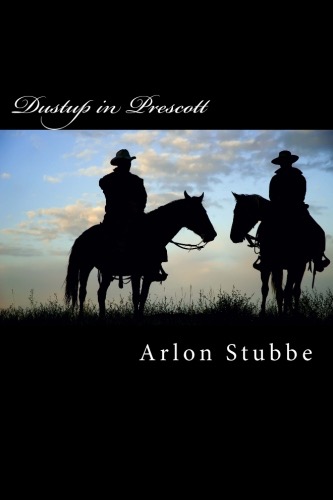
2A child once wrote a published letter to God that said, “Dear God. What’s it like to die? I don’t want to do it. I just want to know.”

